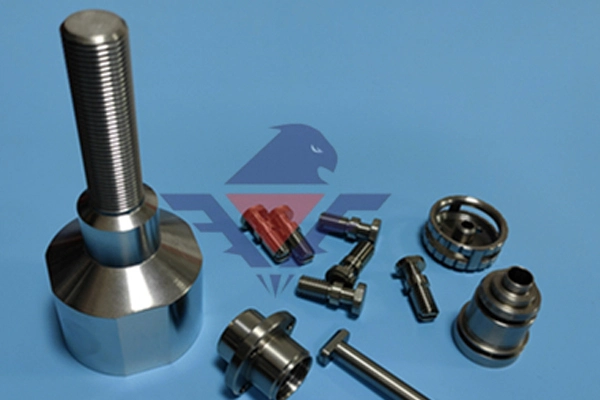
# Precision Swiss Machining for Complex Components
## The Art of Swiss Machining
Swiss machining represents the pinnacle of precision manufacturing for complex components. This specialized form of CNC machining originated in Switzerland’s watchmaking industry, where extreme precision was required for tiny, intricate parts. Today, Swiss machining has evolved to serve industries ranging from medical devices to aerospace, where tight tolerances and complex geometries are non-negotiable.
## Why Choose Swiss Machining?
The unique advantage of Swiss machining lies in its ability to produce parts with exceptional precision and surface finish. Unlike conventional lathes, Swiss machines support the workpiece very close to the cutting tool, minimizing deflection and vibration. This allows for:
– Tolerances as tight as ±0.0002 inches
– Superior surface finishes down to 4 microinches
– Ability to machine long, slender parts without chatter
– Simultaneous multiple operations for complex geometries
## Applications Across Industries
### Medical Device Manufacturing
The medical industry relies heavily on Swiss machining for components like:
– Surgical instruments
– Implantable devices
– Dental components
– Microfluidic devices
### Aerospace Components
Aerospace applications demand the precision and reliability that Swiss machining provides:
– Fuel system components
– Actuator parts
– Sensor housings
– Fasteners and fittings
Keyword: Swiss Machining
## The Swiss Machining Process
Modern Swiss machining centers combine advanced CNC controls with the fundamental principles that made the original Swiss lathes so effective. The process typically involves:
1. Material feeding through a guide bushing
2. Multiple tool stations working simultaneously
3. Live tooling for milling and drilling operations
4. Automatic bar feeding for continuous production
## Material Versatility
Swiss machining handles an impressive range of materials with equal precision:
Material Type | Common Applications
Stainless Steel | Medical implants, aerospace fittings
Titanium | Orthopedic devices, aircraft components
Plastics | Insulators, medical disposables
Exotic Alloys | High-temperature applications
## Choosing the Right Swiss Machining Partner
When selecting a Swiss machining provider, consider these critical factors:
– Experience with your specific industry requirements
– Quality certifications (ISO 13485 for medical, AS9100 for aerospace)
– Capability to handle your material specifications
– Capacity for both prototyping and production runs
– Secondary services (plating, heat treating, assembly)
The combination of precision, efficiency, and versatility makes Swiss machining the ideal solution for complex components across multiple industries. As technology advances, Swiss machining continues to push the boundaries of what’s possible in precision manufacturing.